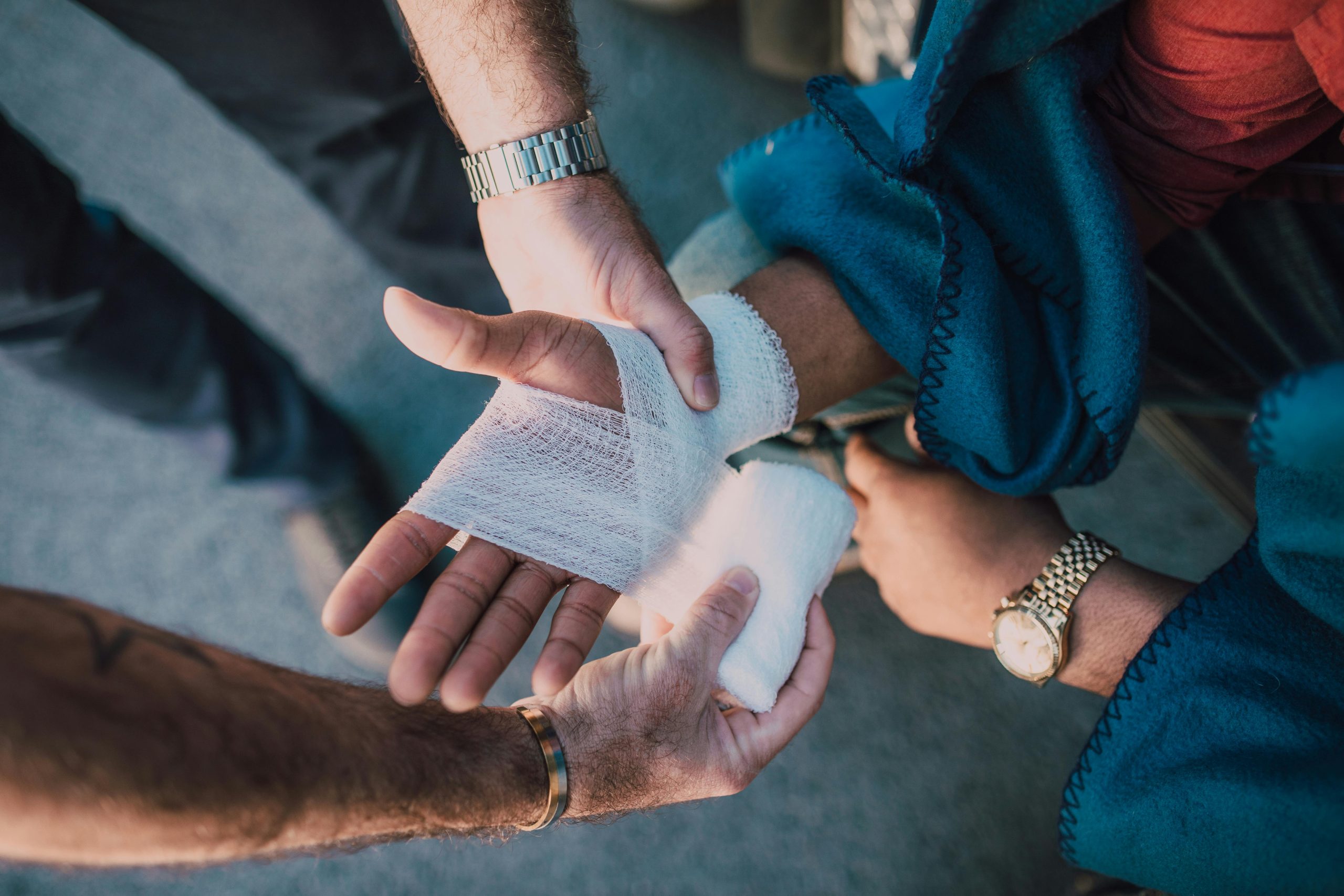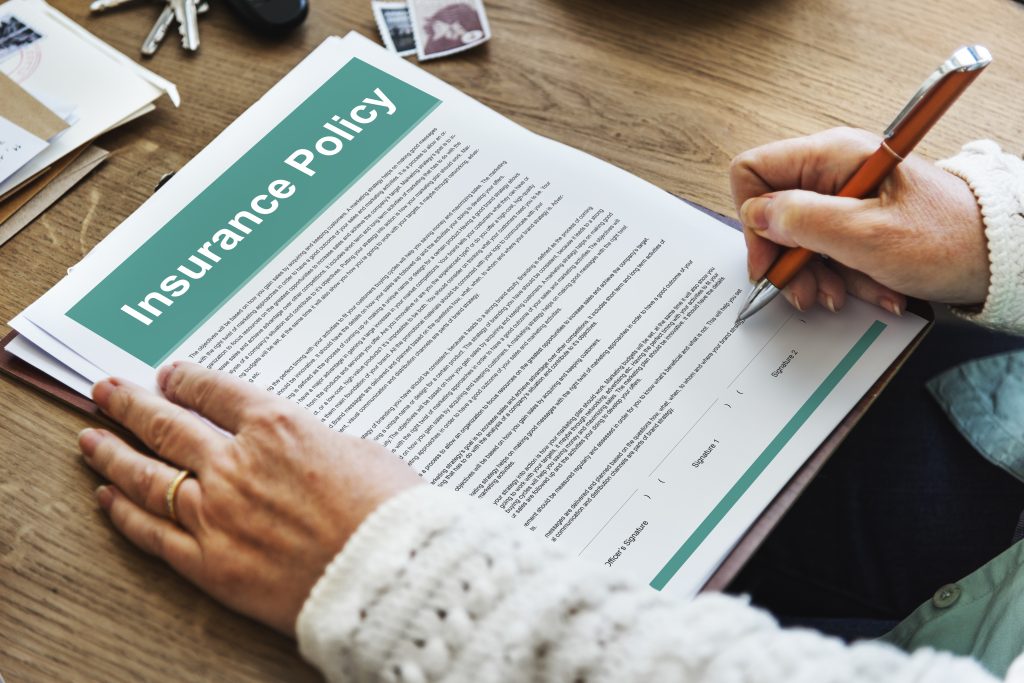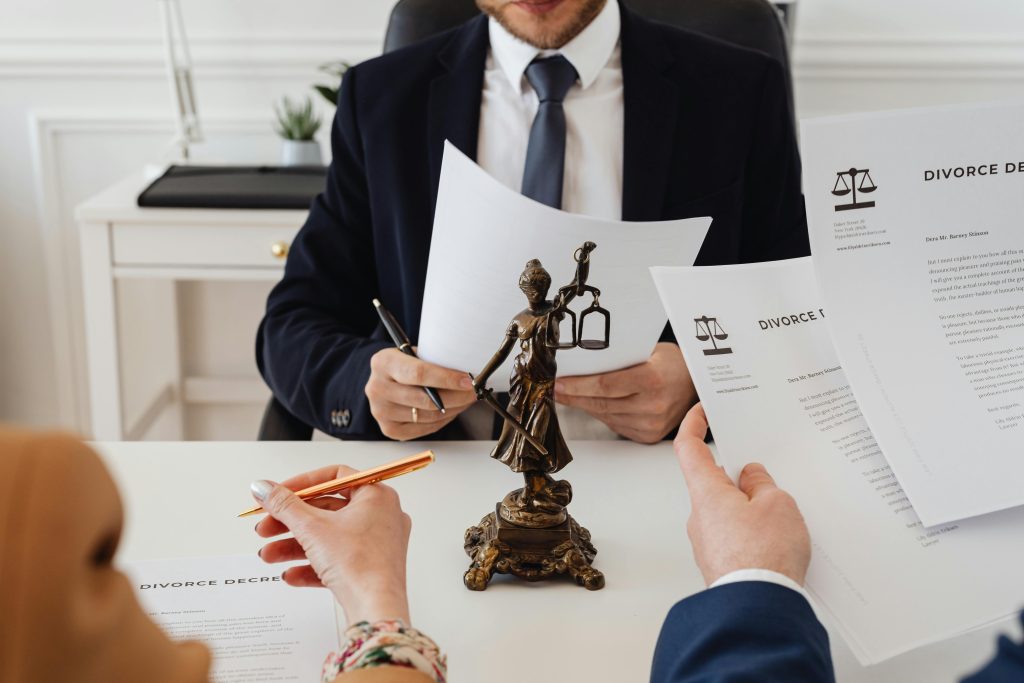Life is full of surprises, and not all of them are pleasant. An unexpected accident can turn your world upside down, leaving you dealing with pain, medical bills, and confusion about what happens next. This is where personal injury law comes into play. Whether it’s a car accident, a slip-and-fall, or injuries caused by defective products, understanding your rights and options is crucial. Knowledge can empower you to seek the compensation you deserve and find a way forward after the incident.
This blog will provide a clear, easy-to-follow guide to personal injury cases. From understanding the basics to tips on seeking proper legal help, we’ll break it down step-by-step.
What is a Personal Injury Case?
At its core, a personal injury case arises when someone suffers harm due to another party’s negligence or intentional act. Negligence means someone failed to act with reasonable care, leading to the accident. For instance, a distracted driver causing a car crash could be considered negligent.
These cases are civil matters—meaning the goal isn’t to send anyone to jail but to recover financial compensation (often called “damages”) to cover things like medical expenses, lost wages, and pain and suffering.
Common Types of Personal Injury Cases
Though personal injury can involve virtually any situation where someone is harmed due to someone else’s actions. These include incidents ranging from automobile collisions to workplace accidents, each carrying unique circumstances and legal considerations. Understanding the specific nature of your case can play a critical role in building a strong claim and ensuring you receive appropriate compensation. Below is a list of some of the most common types people face.
- Car Accidents – These are among the most prevalent personal injury cases, often caused by distracted driving, speeding, or driving under the influence.
- Slip-and-Fall Accidents – Property owners have a responsibility to maintain safe premises. When they fail to do so, and someone is injured, they may be held accountable.
- Workplace Injuries – While workers’ compensation typically covers most workplace injuries, certain situations may involve personal injury claims, especially if third-party negligence is involved.
- Medical Malpractice – Doctors, nurses, and healthcare professionals are required to provide proper care, and when they make mistakes that result in harm, it can lead to a malpractice case.
- Defective Products – Faulty products are another common cause of injury. Manufacturers can be held responsible if their products cause harm due to defects.
- Dog Bites – Owners are typically responsible for injuries caused by their pets. Dog bite cases often revolve around proving the owner’s negligence in preventing the incident.
- Wrongful Death – When negligence or intentional acts lead to someone’s death, surviving family members may file a wrongful death claim to seek compensation for their loss, including funeral expenses and emotional suffering.
What to Do Immediately After an Accident
If you’ve been injured, the actions you take immediately after the incident can profoundly affect your case. Many people who have been injured tend to feel overwhelmed and unsure of what to do. Here are some essential steps to follow:
Protect Your Health
First and foremost, seek medical attention. Even if you feel fine, some injuries—like concussions or internal bleeding—can take hours or days to become apparent. Visiting a professional ensures your health is protected and creates documentation of your injuries. Clinics such as Hands-On Physical Therapy can be a valuable resource if you require follow-up care to rehabilitate injuries or recover fully.
Document Everything
Take photographs of the accident scene, your injuries, and anything else that seems relevant. Make notes about what happened while it’s fresh in your memory. Keep all medical bills, receipts, and records of lost wages. These documents can make or break your personal injury claim.
Avoid Saying Too Much
Limit how much you discuss the accident, especially with insurance companies. Avoid signing anything or admitting fault until speaking with a lawyer, as even seemingly innocent statements could be used against you in your claim.
Notify the Relevant Parties
Depending on the type of incident, you may need to inform authorities or other parties involved. For example, a car accident requires reporting to the police, while a medical malpractice case may involve filing a complaint with the state medical board. An attorney can help guide you on which parties need to be notified in your specific situation.
Key Elements of a Personal Injury Claim
To have a successful personal injury case, your attorney must establish four key elements. First, Duty of Care refers to the obligation of the at-fault party to act in a manner that prevents harm, such as a driver’s responsibility to operate their vehicle safely. Next is Breach of Duty, which occurs when the negligent party fails to meet these expected responsibilities, such as driving recklessly or ignoring safety protocols.
The third element is Causation, demonstrating that the negligent party’s breach directly caused your injury. Finally, Damages must be proven, showing that you suffered actual harm, whether it be physical injuries, emotional distress, or financial losses. Understanding these components is crucial in determining the strength of your case and ensuring you take the necessary steps toward securing fair compensation.
When Do You Need a Lawyer?
While some straightforward injury claims can be handled without a lawyer, others benefit greatly from professional help. A personal injury attorney can investigate your case, deal with insurance companies, and fight for fair compensation.
Attorneys like those at Cramer & Peavy Attorneys at Law provide dedicated support to victims of personal injuries. They work on your behalf, navigating the complexities of the legal system so you can focus on recovery.
The Importance of Fair Compensation
Pursuing a personal injury case is about far more than simply covering medical bills. Many victims face life-altering repercussions that go beyond physical harm, including emotional trauma and a diminished quality of life. These challenges can significantly impact their ability to move forward after an accident, making fair compensation a critical part of the recovery process.
Compensation is designed to address the full scope of harm caused by the incident. This may include covering medical expenses, from emergency treatments to long-term physical therapy, and lost wages if the injury prevents you from working as usual. It also accounts for pain and suffering, recognizing the emotional distress that often accompanies physical injuries, such as anxiety or depression. While compensation cannot undo the harm, it ensures that victims are not left shouldering the financial burden of someone else’s negligence.
Closing Tips for Navigating Personal Injury Claims
Keep a Cool Head
The road to resolution can be frustrating and emotional. Stay focused on the facts, and trust your legal representative to handle the process. Patience and a steady approach can make a significant difference in achieving a favorable outcome.
Don’t Be Afraid to Push Back
Insurance companies may try to offer you a settlement that’s lower than what your injuries truly cost. Consulting a lawyer ensures you don’t settle for less than you deserve. By understanding the full value of your claim and relying on professional guidance, you can better advocate for fair compensation that addresses all aspects of your loss.
Learn From the Experience
No one plans to get injured, but these accidents can serve as critical lessons. Whether it’s being more aware of your surroundings or standing up for your rights, use this as an opportunity for growth. Additionally, take the time to educate yourself about personal injury processes to be better prepared should you or someone you care about face a similar situation in the future.
Final Thoughts
Suffering an injury can feel isolating and overwhelming, but you don’t have to go through it alone. With the right resources and support, you can take steps to protect your future and hold those responsible accountable. Remember, personal injury cases aren’t about revenge—they’re about justice and ensuring you have what you need to recover. It’s important to act promptly, as delays could negatively impact your ability to gather evidence and file a claim. Choosing experienced legal counsel can make a substantial difference in securing the compensation you deserve.





